
May 01, 2024 | Revolving Door Project Newsletter
Merrick Garland’s Delay May Mean Justice Denied
Last week, the Supreme Court mulled over whether the former president (the “very stable genius” who pushed a “miracle cure” for COVID later tied to 17,000 avoidable deaths) should be prescribed his own miracle cure: presidential immunity for the crimes he is charged with committing while in office.

April 05, 2024
Maybe Financial Regulators Shouldn’t See The Best In Everyone
Last Friday, former FDIC Chair Sheila Bair decided to offer her two cents on the broader conversation surrounding the recent sentencing of Sam Bankman-Fried . Her takeaway from SBF’s trial and conviction on seven counts of fraud and conspiracy? We need financial literacy classes for children.

March 25, 2024 | Slate
Why Biden Should Pardon the IRS Whistleblower Who Leaked Trump’s Taxes
Biden can make billionaire corruption a defining issue of the 2024 presidential race.
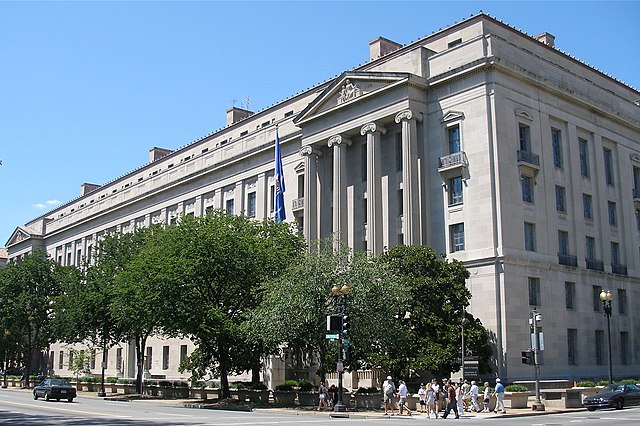
May 02, 2023
DOJ IN THE NEWS: Early May Trends
This is the latest installment of a new biweekly blog series from RDP. Every two weeks, we call out ongoing trends in media coverage of the Justice Department’s focus and priorities, giving context from our past DOJ oversight work as needed, with an eye to the impact of DOJ capacity and resources, as well as alignment with the Biden administration’s professed goals.

April 14, 2023
DOJ IN THE NEWS: Mid-April Trends
This is the latest installment of a new biweekly blog series from RDP. Every two weeks, we call out ongoing trends in media coverage of the Justice Department’s focus and priorities, giving context from our past DOJ oversight work as needed, with an eye to the impact of DOJ capacity and resources, as well as alignment with the Biden administration’s professed goals.

March 24, 2023
DOJ IN THE NEWS: Mid-March Trends
This is the latest installment of a new biweekly blog series from RDP. Every two weeks, we call out ongoing trends in media coverage of the Justice Department’s focus and priorities, giving context from our past DOJ oversight work as needed, with an eye to the impact of DOJ capacity and resources, as well as alignment with the Biden administration’s professed goals.

March 10, 2023
DOJ IN THE NEWS: Early March Trends
This is the latest installment of a new biweekly blog series from RDP. Every two weeks, we call out ongoing trends in media coverage of the Justice Department’s focus and priorities, giving context from our past DOJ oversight work as needed, with an eye to the impact of DOJ capacity and resources, as well as alignment with the Biden administration’s professed goals.
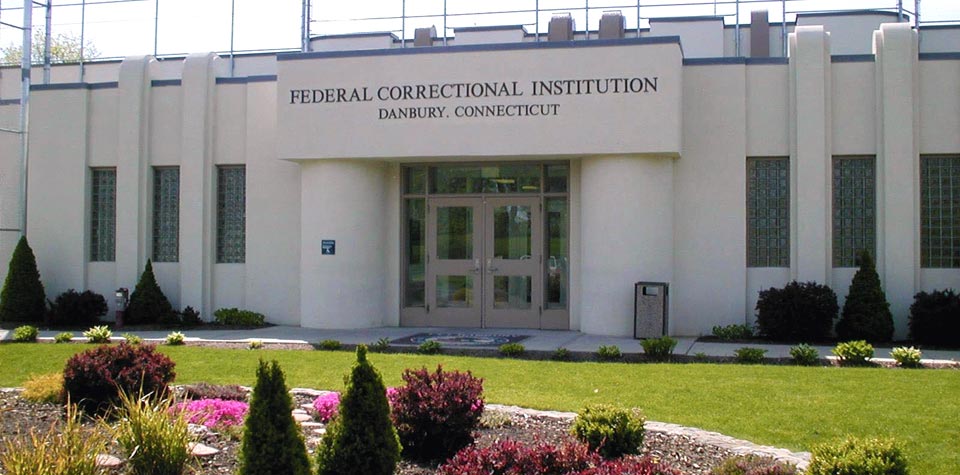
December 08, 2021 | Talking Points Memo
Op-Ed 2020 Election/TransitionCriminal JusticeDepartment of JusticeEthics in GovernmentExecutive Branch
The Bureau Of Prisons Needs New Leadership, Now
Progressives, prison workers and prisoners are in agreement: the Director of the Federal Bureau of Prisons, Michael Carvajal, should be fired. The Bureau of Prisons is in a crisis several layers deep, and new leadership will be key to its reformation.

August 03, 2021
How Biden and Garland’s DOJ Can Increase Community Oversight of the Police
As people across the country continue to demand greater accountability for police misconduct, Revolving Door Project is working through its Police Accountability series to make clear how the Department of Justice can answer some of those calls. Part 1 of the series scrutinized the lack of federal, systematic data collection on law enforcement misconduct barring police accountability, explored pockets of power within the DOJ laying the groundwork for police oversight, and suggested 3 proposals. Part 2 of the Police Accountability series called for the relaunching of the Bureau of Justice Statistics’ Arrest-Related Deaths program with a tested redesigned hybrid methodology. This piece introduces a second proposal wherein new conditions are placed on grants awarded out of the Office of Community Oriented Policing Services’ (COPS) in an effort to leverage federal funds to actualize grassroots governed police oversight mechanisms.
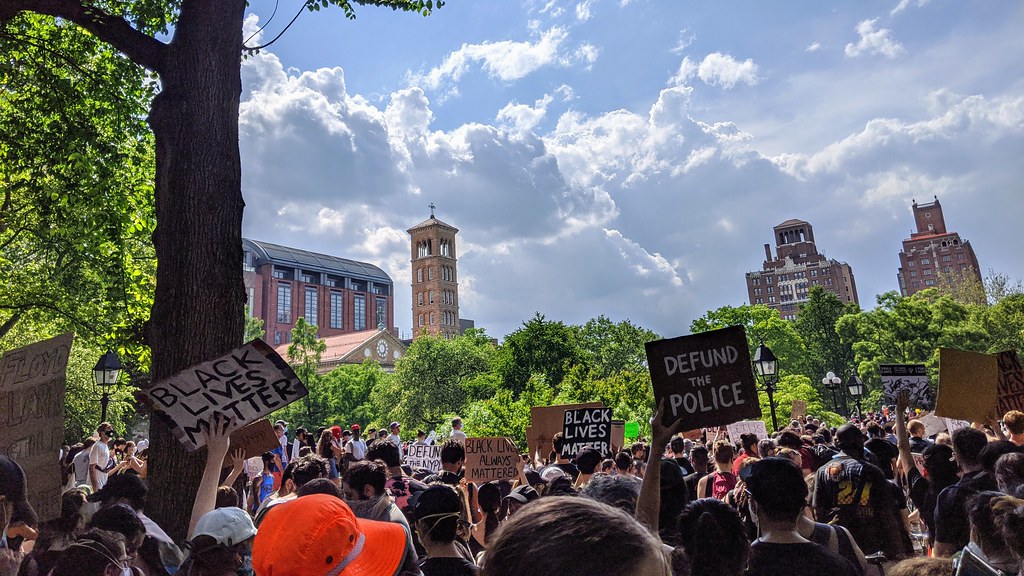
August 02, 2021 | The Forge
How DOJ Can Defund the Police
One year ago, Minneapolis police officer Derek Chauvin’s murder of George Floyd sparked an international rebellion against police violence. From this historic uprising, a longtime demand from the Black Lives Matter movement to end mass incarceration and police violence by defunding the police became a part of mainstream discourse. Local campaigns like #defundNYPD and national studies like Freedom to Thrive: Reimagining Safety and Security in Our Communities have fleshed out the meaning of defund, envisioning municipal and state budgets that invest in social safety nets over criminalization. But the executive branch ― the branch of government that creates the rules and regulations that guide the execution of federal law ― remains under-examined as a lever to effect systemic change.

July 07, 2021
Coalition Tells Biden, "Deference to the Trump DOJ" is "Unwarranted" and "Unjust"
Survivors of sexual assault were hurt to learn that the Department of Justice chose to continue to defend Donald Trump in E. Jean Carroll’s defamation suit against the former president. Unfortunately, this is but one example of many in which Merrick Garland’s Justice Department has maintained flawed legal positions of the Trump administration which contravene not only the administration’s goals, but basic norms of American democracy. While the Attorney General may be motivated by an attempt to maintain the appearance of impartiality at the DOJ, the institutional goal must be to achieve just outcomes; deference to the Trump DOJ under the guise of impartiality is not only unwarranted, it is unjust. The flawed legal positions the Department has been adopting or maintaining in case after case contravene this goal. These positions have already had disastrous repercussions.
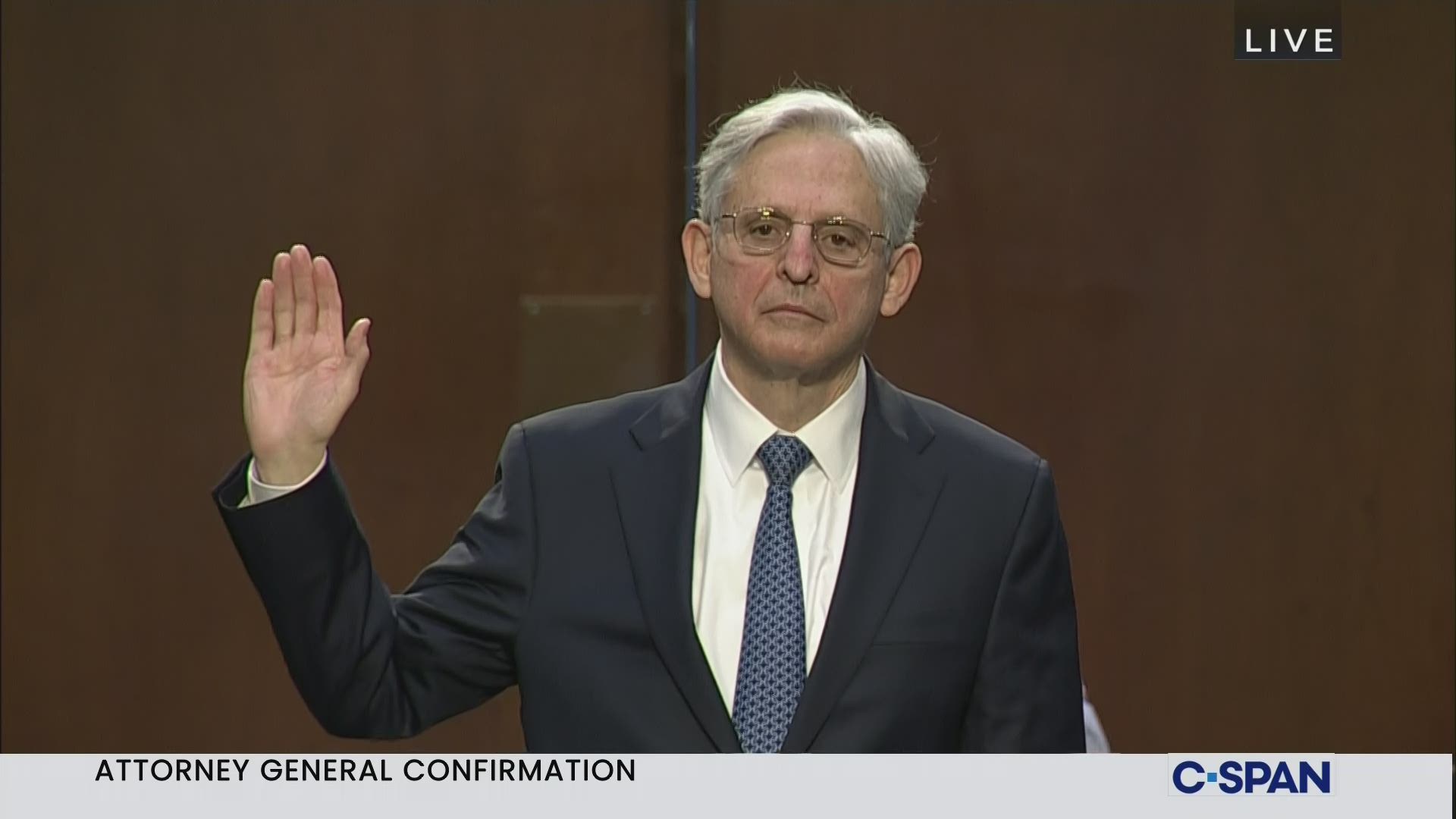
June 08, 2021 | The New Republic
Merrick Garland Has Become Donald Trump's Legal Protector
On several key matters, Garland’s DOJ has concealed the full extent of Trump’s wrongdoing; kept thousands of immigrants from obtaining greencards, while flooding the immigration system with Trump-selected judges; expanded the scope of police power; ensured oil and gas profits for decades to come; and explicitly protected one of Trump’s most hated Cabinet secretaries from accountability.
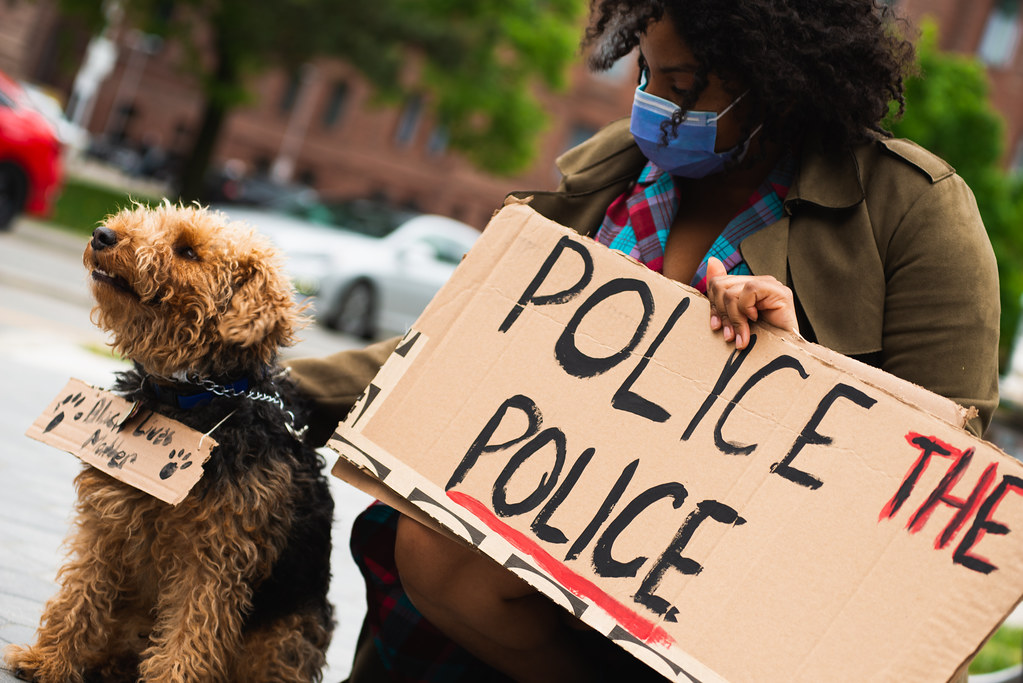
May 28, 2021
How the DOJ Can Federally Document Every Fatal Case of Police Misconduct
The Arrest-Related Deaths (ARD) program — a federal tracking system to document cases of police homicide amid other manners of death emanating from the arrest process & the police interaction at large — held massive potential to further police oversight goals. Not only does re-establishing the ARD program require no legislation, but a template for a revised ARD program has been underway for over 6 years. The pilot study reconstructing the ARD’s methodology yielded a blueprint mapping out how the relaunched ARD program could operate by a hybrid system of open-source media mining and law enforcement agency surveying. Reactivating the ARD program in its contemporary version is one of the easiest & speediest proposals that the Biden administration & Garland’s DOJ can actualize on the matter of criminal justice reform — so, why aren’t they?
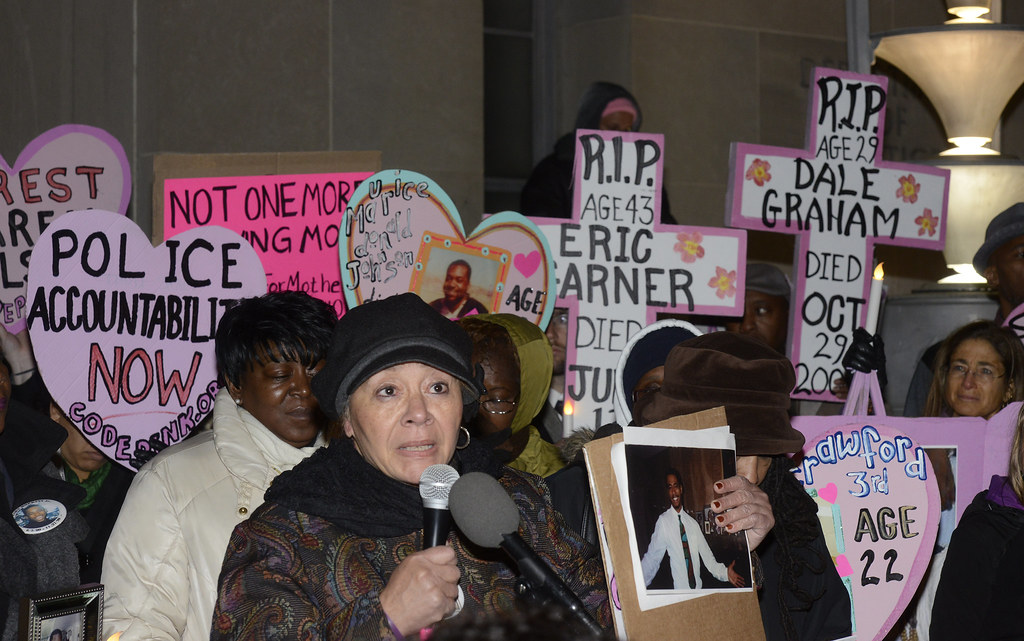
May 20, 2021
What Biden & Garland’s DOJ Must Do to Monitor & Curb Police Misconduct
Policing, anti-black, anti-immigrant, ableist, and capitalist at its core, was designed to be outside of the scope of the law. The deployment of federal law enforcement officers in unmarked vans to abduct and detain Black Lives Matter protestors in Portland, Oregan during last summer’s national uprising over police killings demonstrates the extreme nature of rogue American policing. Police prerogative power, as the expression of the state’s legalized violence to enforce public docility at its will, is embedded in US governance. Couple that with qualified immunity, police contracts & unions, police bill of rights, and whatnot, law enforcement are shielded from disciplinary actions.
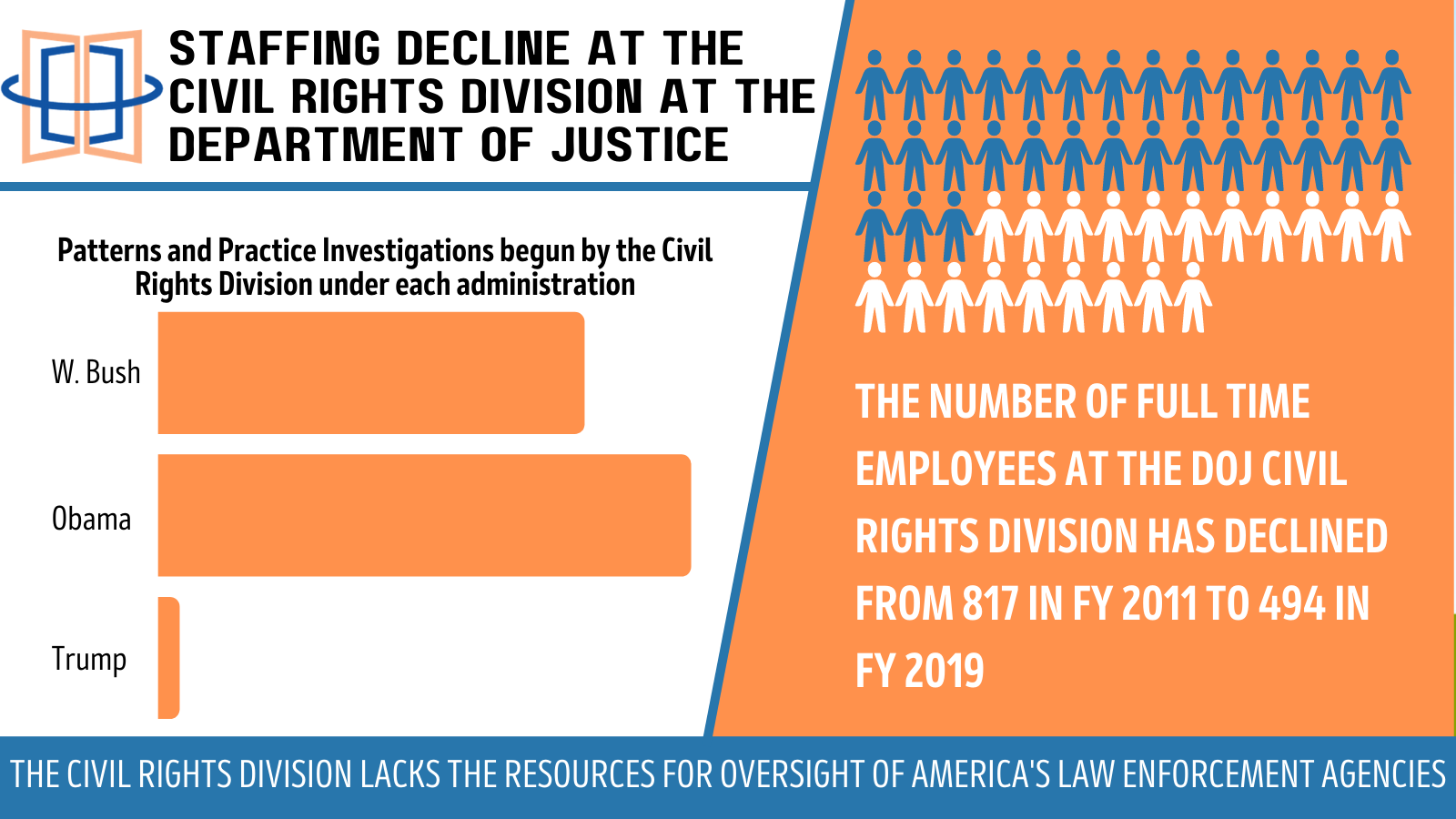
May 07, 2021
The DOJ's Civil Rights Division is Perilously Unstaffed, Slowing Biden Goals on Police Oversight and Reform
Throughout the 2020 campaign, in the wake of nationwide protests over the murder of George Floyd and other unarmed black people by police officers, Joe Biden committed himself to reforming law enforcement and combating police violence. But significant challenges loom in Biden’s quest for police reform. The federal government’s role in state and local law enforcement agencies is limited, and Biden’s ability to shepherd police reform legislation through Congress will be hampered by Republican opposition and disinclined moderate Democrats. Despite these obstacles, however, Biden is not powerless to make strides towards his campaign goals. Through his Department of Justice’s Civil Rights Division, he holds a significant power over local policing.
